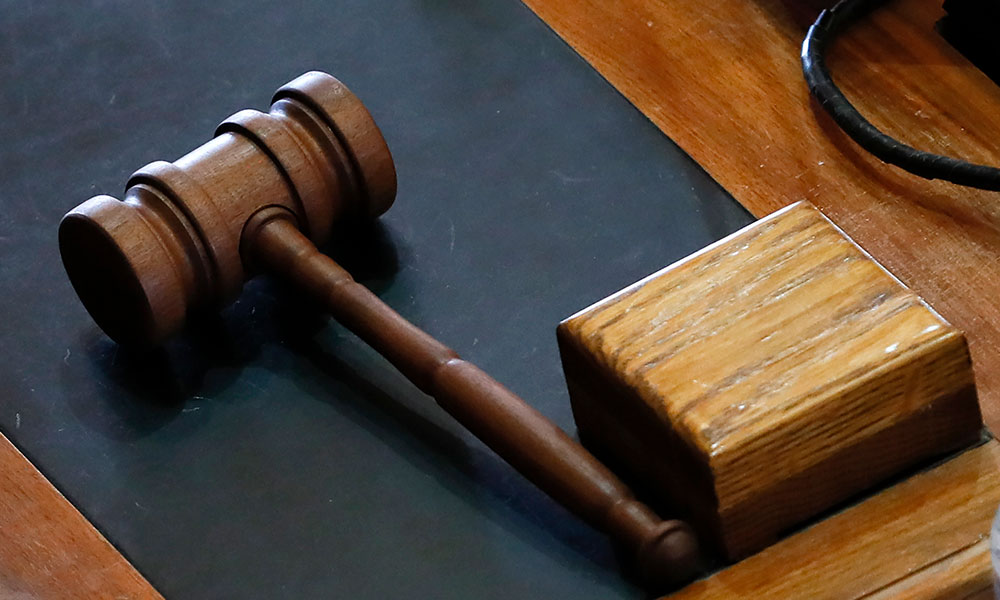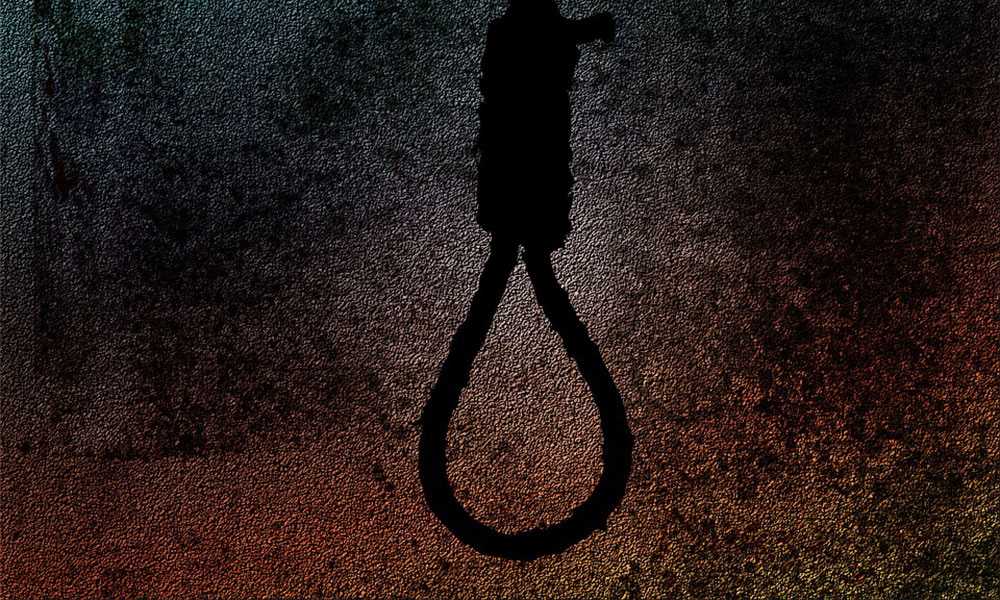The decision handed down by the Court of Appeal on the murder of navy cadet Zulfarhan Osman Zulkarnain made headlines on Tuesday.
Without going into the details, the prison sentence of 18 years for culpable homicide was reverted to murder charges with the death penalty imposed.
Eighty percent of the public would have lost interest or missed the distinction somewhere before the second sentence of this piece, and I don’t blame them.
Awareness and knowledge of legal processes have always been problematic, with the chief justice calling for the public to read judgments before drawing conclusions and making comments.
Here’s a hope that the remaining 20 percent will help the rest come to a degree of understanding of what has happened.
Murder is murder, what difference?
A quick dive through social media and comments on news articles often show that people are unable to differentiate when a person dies due to murder or another reason. A person run over by a drunk driver? That’s murder! An armed robbery gone wrong? That’s murder! And the list goes on.
While the sentiment may not be wrong since a life was lost due to someone else’s action, in law, we draw distinctions because context matters.
The law is built around knowing and understanding these contexts, the evidence put forward by the police and the public prosecutor, and the evidence presented by the accused through their lawyers.

Key to the distinction is often the question of intention. What were your intentions when you did the deed? Section 300 of the Penal Code gives a good long list of what would amount to murder and most of it relies on the fact that you have the intent, or presumed to have the intent, of killing.
Without any intention to cause death, what was done was not murder but culpable homicide - the crime that the six individuals were initially convicted of and sentenced to 18 years in jail.
Crimes are always messy
When a crime happens, it is often messy, unplanned, and comes with varying circumstances for all persons involved. In the heat of the moment, people would do things that would seem completely irrational and insane to us in hindsight but made perfect sense at the moment.
Looking back at the case, it was a gruesome act filled with cruelty and malice, no doubt, but could we say with absolute confidence that death was the ultimate expectation and outcome within the minds of all those students involved in the abuse and torture?
If the answer in your mind is “yes”, you would very much be in line with the Court of Appeal judges who delivered their decision on Tuesday. If not, you likely fall somewhere along the thinking of the High Court.
Conviction vs sentencing
To me, the biggest concern was not that they were convicted of murder. I think the severity of the incident and the death of a person merits pushing for a murder conviction. What concerned me most was the imposition of the death penalty.

Numerous presumptions were made throughout the case, and that is inevitable as we cannot objectively recreate what has happened and have to rely on multiple testimonies and collaboration between witnesses to retell the story.
While applying presumptions is unavoidable, we must make a conscious note that every presumption we rely on renders a conviction less safe and reliable.
If the premise of the conviction itself is less than perfect, it cannot be right for the ultimate punishment - the death penalty - to be imposed. We wouldn’t want to hang people who may be innocent now, do we?
More than anything, I believe the death penalty serves nothing but to deflect anger away from the crux of the problem revealed in this case.
Bullying - a crime by society
We are angry and livid at the fact that bullying and torture leading to death happened right under our noses.
We label the perpetrators as barbaric and inhuman, and we sing praises when they are sentenced to death but what we are doing is trying desperately to absolve ourselves of our role in the crime and how we contributed to it as a society.

Bullying does not happen in a vacuum, it does not start and end with a perpetrator, or a group, against a single victim. It happens and sustains itself because the community and society contribute and embolden the practice. The judgment by the Court of Appeal is damning in this regard.
“…SP23 telah menulis surat layang (P17) meminta simati diselamatkan. Pada 23.5.2017, SP23 telah menyelitkan surat layang itu di hadapan Rumah Sakit Angkatan Tentera. Malangnya, tiada tindakan diambil untuk memberi bantuan kepada simati. Surat layang ini telah tular dan diketahui oleh OKT 1.” - Paragraph 25 of the Court of Appeal judgment
“Selanjutnya, kedua-dua saksi ini juga menyatakan sudah menjadi amalan pelajar-pelajar UPNM untuk memukul pelajar yang mencuri sehingga mengaku. Pelajar-pelajar lain turut sama memukul sebagai tanda kawan menolong kawan.” - Paragraph 137
Are we to believe that Universiti Pertahanan Nasional Malaysia (UNPM) and the students in the dormitory were blind to everything that has happened in the past?
Or was it more likely that everyone acknowledged it and just accepted the practice as such and lived with this norm?
At which point can a person claim sufficient ignorance of the bullying that they are not responsible for the circumstances contributing to and leading to the death of the victim? Is anyone at UPNM truly innocent?
Is it our responsibility as a society to provide justice to victims like Zulfarhan via the death penalty, or are we responsible for addressing the environment and conditions that allowed the crime to happen?

When I see commentaries applauding the death sentence meted out, I do hope those who commented take a good long look in the mirror at the next opportunity and ask themselves this: would you have done any differently if you were one of the people mentioned in the judgment?
Would you have bucked the culture of bullying and challenged it, or would you be facing the death penalty like the six main perpetrators or prison sentences like the other 11 convicted?
Looking at this judgment and the countless other cases of bullying leading to death, I think we will probably have an endless list of names to add to the death row if the death penalty is justice for Zulfarhan and other lives lost to bullying - all while the culture of bullying remains alive and kicking. - Mkini
HAYAT is a human rights organisation that advocates for the right to life.
The views expressed here are those of the author/contributor and do not necessarily represent the views of MMKtT.

No comments:
Post a Comment
Note: Only a member of this blog may post a comment.